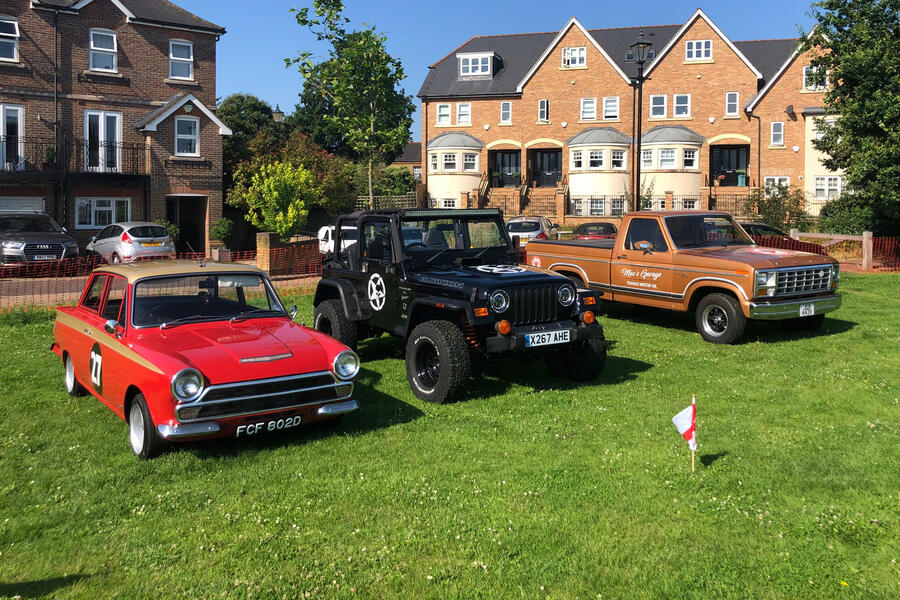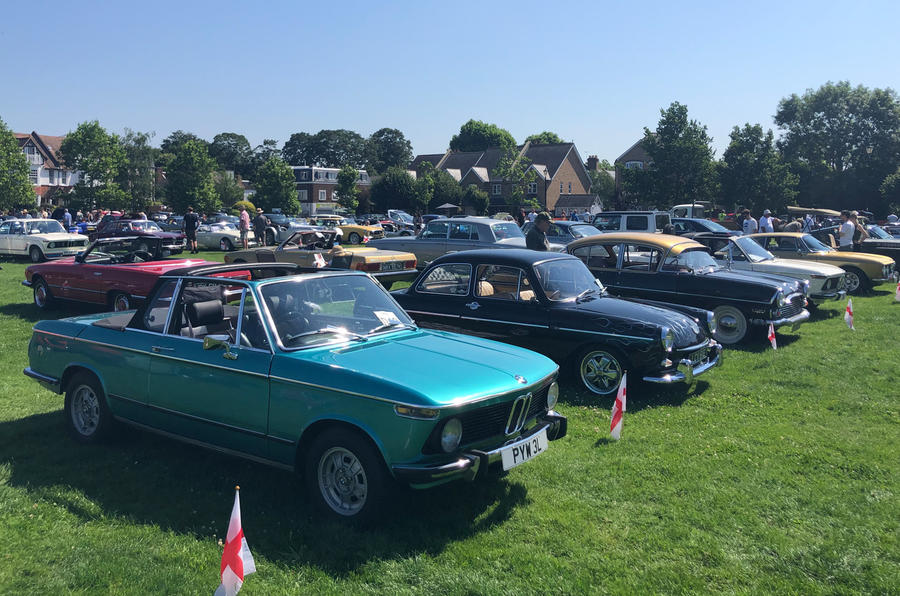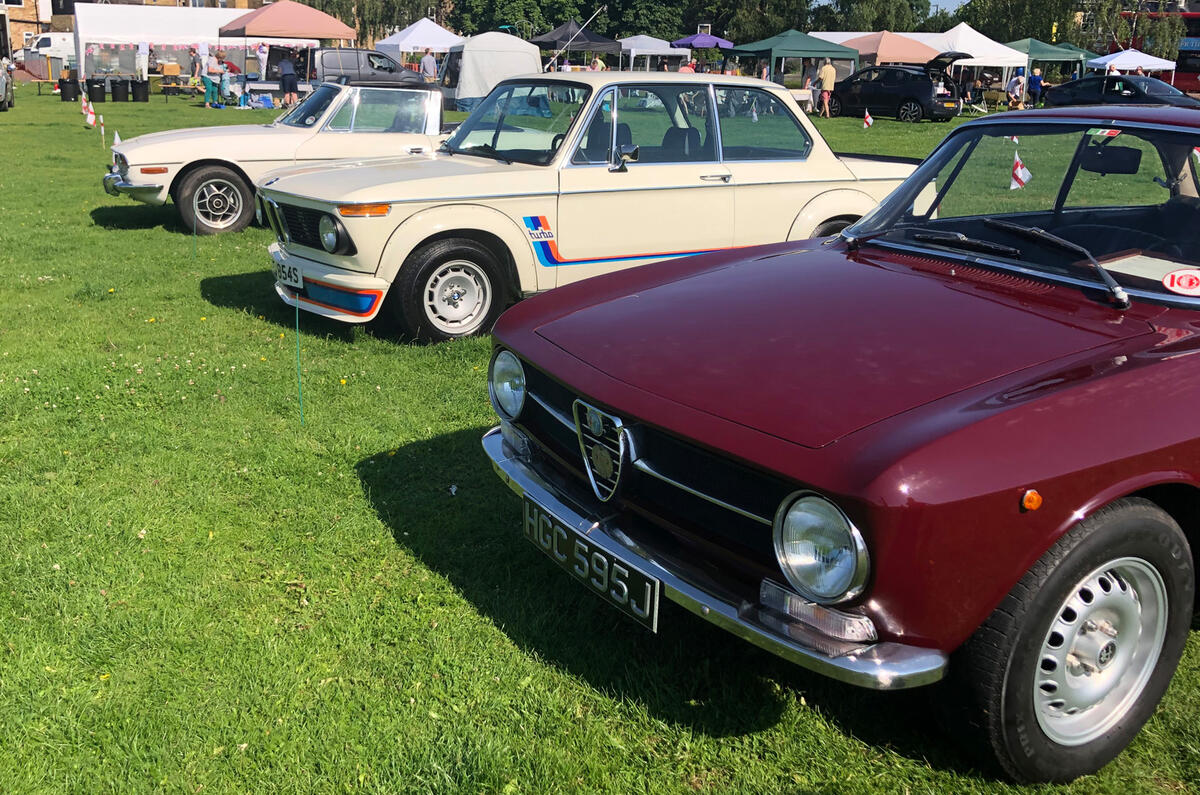’Tis the season for the classic car show, a term that covers everything from a mix-and-match 20-car gathering on a village green through to a mega-meet at venues such as Goodwood.
Inevitably, events face severe difficulties this year, leading to everything from cancellations to mind-boggling amounts of red tape. The 80-car event on my doorstep had to pay £4000 for legal assistance to pass muster, for instance. Big or small, anyone putting on a show is jumping through more hoops than many of us would contemplate.
All that hard work is going on against a backdrop of longer-term uncertainty, too. After all, what relevance will they have when new combustion-engined car sales are less than a decade away from being banned? Even if there is misty-eyed interest, how long will it last as generations brought up on the smell of partially burnt hydrocarbons pass?
What if petrol or diesel became so hard to come by, or so expensive, that today’s cars just can’t be fuelled any more? Or if the climate crisis becomes so pronounced that combustion-engined vehicles are – to use a modern phrase – cancelled, their role in powering a century of economic and social mobility viewed through a lens of having damaged, potentially irreparably, the planet itself? Smoking cigarettes was once applauded: maybe one day combustion- engined cars will carry health warnings, too, enthusiasts pushed together ever more surreptitiously by a disapproving society.

Would that be fair? There’s plenty of evidence to suggest not. The Centre for Economics and Business Research this year valued the classic and historic sector’s turnover at £18.3 billion a year – double that of the Scotch whisky industry and on a par with the entire arts industry. Enthusiast clubs, the engine rooms behind every car show, alone are said to contribute £500 million to the UK economy. Meanwhile, the Historic Endurance Rally Organisation estimates the average classic drives 1200 miles a year, producing less than 600kg of CO2 – around the same emissions as are emitted in the manufacturing of 40 smartphones that are then charged off the mains for a year.












Join the debate
Add your comment
How far have you driven your Car over the last year or so?, new one...about 1500 miles, my better half ( the Wife) less than a thousand, ok, her Road tax is only thirty quid, the other is on mobility who actually gave us money back twice because we weren't using it much, so, what's Boris doing for motorists?, are they getting some road tax back?, so, Car shows, doesn't matter what kind of Car show it is or who attends them, they don't contribute a significant Co2 count,and as for ICE powered Vehicles, there not going to disappear completely in the next five or ten years, the Government can't afford to bump up the Tax on them,and, yes, EV power will have to go up to gradually cover the lost revenue, the revenue that indirectly pays for other things we all use.
Slightly tongue in cheek - buy a pre-1990 or thereabouts diesel classic - trucks and tractors are going to need derv for some time yet and there's always cooking oil if all else fails.
The legislative issues are not relavent to Autocar until it comes to "viewing really old bangers" this is what people in London have had to deal with and the answer in about 3 months time is you can keep any "old banger" if you can pay 12.50 a day for it regardless of whether you drive it or not. I'm sure the government will come up with some sort of political and or technical fudge for the wealthy types who own the "expensive old bangers". For the rest of us around these parts "we got to get rid of our classics"